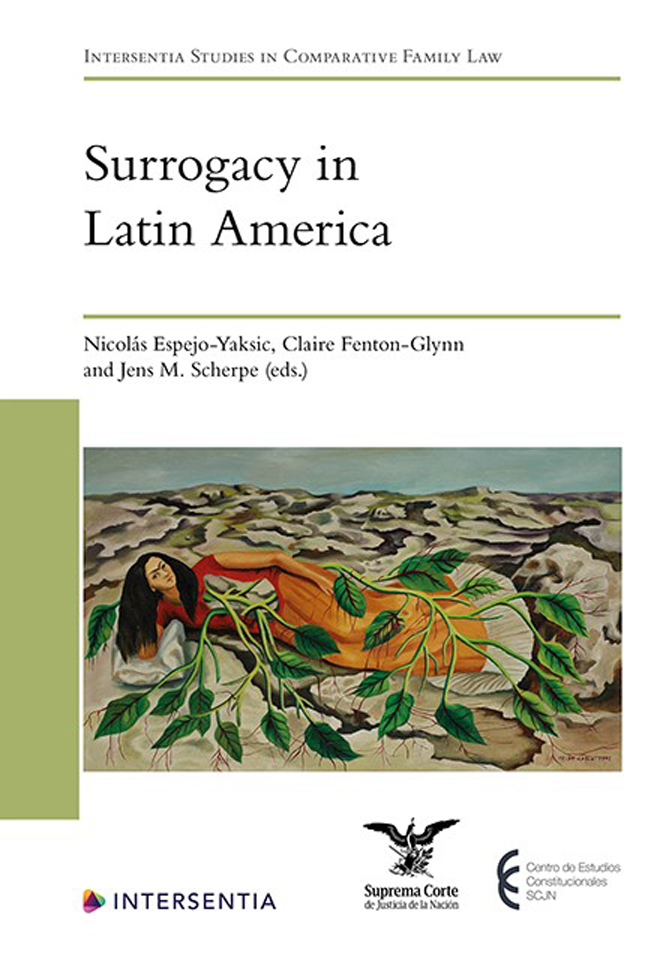Chile
Published online by Cambridge University Press: 09 January 2024
Summary
1. GENERAL LEGAL FRAMEWORK
1.1. INTRODUCTION
Numerous reforms have been implemented in relation to family relations since the Chilean Civil Code (CC) came into force in 1857; however, our law still rests, to a large extent, on an ideology that gives primacy to heterosexual marriage and the patriarchal family.
Important reforms remain pending, including the regulation of surrogacy. There is no law in this respect, or any regulations or guidance resulting from medical boards or professional organisations, and there is no authority that supervises its use. We do have cases of its use inside our borders, and of Chileans that have made use of this process abroad and then attempted to register their child in Chile.
While certain court decisions, and to a lesser extent academic authors, have made significant contributions to attempting to resolve the conflicts arising from surrogacy, the absence of law generates and deepens vulnerabilities, especially with respect to the parenthood situation of those born through this technique.
1.2. SURROGACY AND ASSISTED REPRODUCTIVE TECHNOLOGIES
It is important to keep in mind that Chile does not have a law on assisted reproductive technologies (ART). Nevertheless, and in contrast to surrogacy, ART procedures are regulated administratively.
Law 20.418, which establishes rules on Information, Guidelines and Benefits regarding Regulation of Fertility, was passed in 2010, and its Regulation (Decree 49) in 2013. These instruments, however, refer exclusively to questions of fertility to prevent pregnancies, transmitted infections and sexual violence. The Ministry of Health also issued a guide for the study and treatment of infertility in 2015, which addresses the issue from the perspective of infertility.
Article 182 of the CC only refers to the effects on parenthood of submitting to one type of ART, which is the heterologous: “The father and the mother of the child conceived through the application of assisted human reproductive technologies are the man and woman that submitted to it. The parenthood determined according to the preceding rule cannot be challenged, nor another one claimed.”
There is no regulation of the donation of sperm, eggs and/or embryos in general.
- Type
- Chapter
- Information
- Surrogacy in Latin America , pp. 83 - 102Publisher: IntersentiaPrint publication year: 2023

